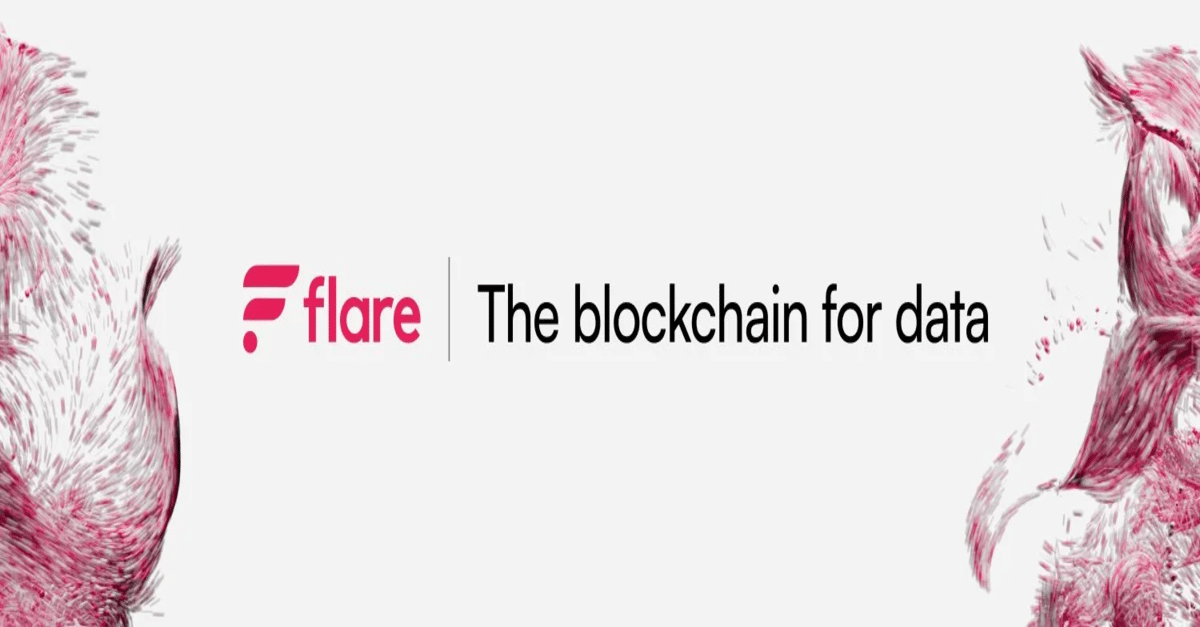Teamwork makes the dream work. At least in some cases.
After all, it is hard to imagine leading businesses in today’s hyper-competitive landscape sharing information and sensitive data with one another.
Or is it?
With the news Tuesday (May 21) that tech companies across various industries are announcing a new coalition, Tech Against Scams, aimed at responding to and preventing online fraud and financial scams, sharing data with competitors to fight a common enemy is top of mind for businesses.
The newly announced anti-fraud consortium includes crypto companies Coinbase, Kraken, Ripple and Gemini; dating app business Match Group, the parent company of Tinder and Hinge; social media parent company Meta; as well as the Global Anti-Scam Organization.
Tech Against Scams’ formation comes against a backdrop where “pig butchering” and other scams are on the rise. These attacks involve cybercriminals luring victims via the use of dating apps and social media to partake in crypto investment fraud, thus the coordination among social media, dating apps, financial institutions (FIs) and crypto firms in establishing a defense.
“Scammers and the organized criminal groups behind pig butchering schemes target people across many internet services, making it hard for any one company to see the full picture of malicious activity and counting on each of us working in silos,” said Guy Rosen, chief information security officer at Meta, in a statement. “We hope that this coalition will serve as a force multiplier for security teams at tech companies to share threat insights and trends to enable more impactful disruptions of scam networks around the world.”
And while there can be challenges and concerns with sharing data with competitors, the state of cybercrime and financial crime has reframed the calculus — particularly for banks and other FIs.
Read more: Criminals Target Big Ticket Transactions in Commercial Banking Fraud Surge
Leveraging Collective Intelligence
Consortiums allow members to pool data, creating a more comprehensive dataset than any single entity could assemble alone, and the stage is being set for data-sharing consortiums to play a critical role in combating financial and payments fraud for both merchants and banks.
Bryan Lewis, CEO at Intellicheck, advocated in an April discussion with PYMNTS for the development of consortiums, or secure ecosystems where multiple entities collaborate to verify individual identities, as well as data sharing as a means to bolster identity verification. By pooling resources and sharing verified data, he said, consortiums can establish a robust framework for identity validation, bolstering trust and confidence in financial transactions.
“If I am dealing with someone in a consortium, I know that they’ve received a stamp of approval,” Lewis said, stressing that security of information and personal details should be a paramount consideration.
PYMNTS Intelligence data, in collaboration with Hawk AI, found that about a third of Big Tech and FinTech firms have experienced fraud in recent months, while about 43% of FIs in the U.S. experienced an increase in fraud this year relative to 2022, resulting in average fraud losses increasing by about 65% from $2.3 million in 2022 to $3.8 million in 2023.
And within a world where fraud is becoming more and more sophisticated, and failing to deliver a secure banking channel is as an easy way to lose the lifetime value of a customer, data-sharing consortiums are emerging as the way to gain a multifaceted view of customer behavior while simultaneously reducing the gray area of attack vectors.
See also: Attack Vectors 2024: Identity Theft and Digital Banking
Consortiums Are Comprehensive
As fraud continues to rise across channels and fraudsters become more sophisticated, access to consortium data allows firms to add an additional layer of insight to their fraud prevention systems, ultimately allowing them to decrease their risk of fraud and the costs associated with managing it. That’s because consortiums often invest in advanced technologies such as artificial intelligence (AI) and machine learning to improve fraud detection capabilities, which individual entities might not afford independently.
Members of a consortium also benefit from shared knowledge and best practices, leading to the development of more effective anti-fraud strategies. By analyzing vast datasets and detecting patterns of fraud, AI-driven algorithms can also be leveraged to identify anomalies that may elude human scrutiny.
After all, a customer is not just a single transaction — they are a daisy chain of events, many of which individual firms may be blind too. But by cross-referencing with peer firms, organizations can identify multimodal behavioral patterns that can better ascertain what is real and what is fraud. That’s why firms should be leveraging a breadth of data garnered from multiple verticals if they want to stop fraud before it has a chance to strike.
Credit: Source link















































